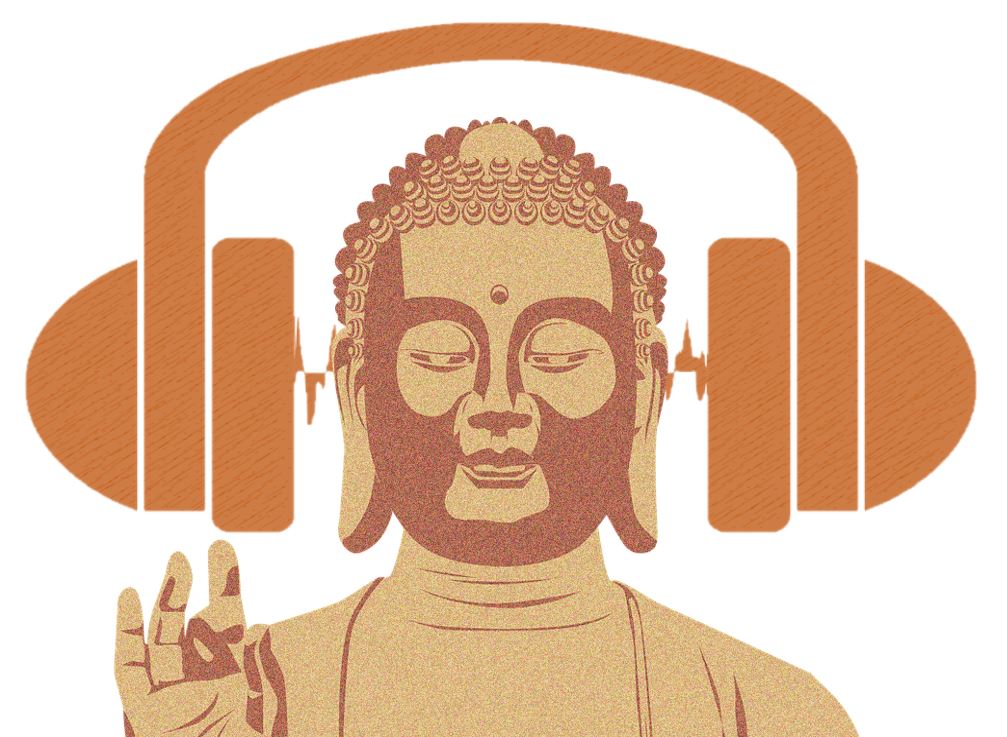
Saṅkhāra is a word with many levels of meaning in early Buddhism. This talk will focus on its meaning as one of the five aggregates (skandhas), where it is often translated with such terms as volitions and intentions. People often strongly identify with their volitions and intentions. The Buddha taught about the dangers of clinging to and identifying with sankharas. The Foam Sutta describes sankhara with the analogy of a carpenter in need of heartwood who goes to a forest and cuts down a plantain tree. But when he cuts into the tree trunk, he finds it is only layers of sheaths. There is no heartwood there. The perspective of modern neuroscience leads to a similar understanding of volition and intentions.
